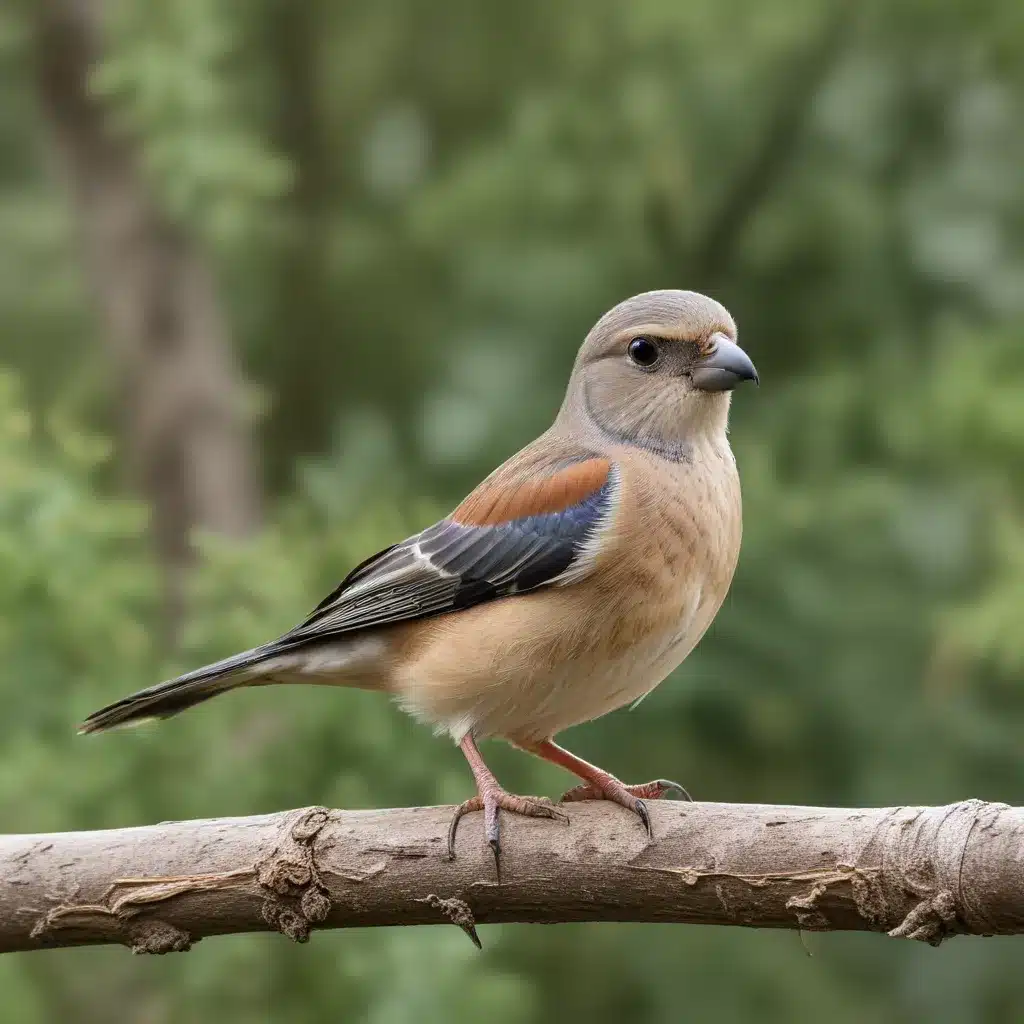
Caring for the Elderly Bird: Tips for Supporting Aging Avian Companions
Avian Anatomy and Physiology
As our beloved feathered companions age, their bodies inevitably undergo a series of physiological changes that require special considerations from their devoted caretakers. Understanding the natural aging process in birds is the first step towards providing the comprehensive support and enrichment necessary to help our elderly avian friends thrive.
Much like humans, birds experience a gradual decline in various bodily functions as they grow older. Their metabolism may slow down, leading to weight fluctuations and difficulty maintaining a healthy body condition. Skeletal and muscular structures can become weakened, compromising mobility and balance. Sensory perception, such as vision and hearing, often diminishes, affecting the bird’s awareness and interaction with its environment. The immune system also tends to weaken, making older birds more susceptible to infections and chronic illnesses.
Dietary needs for elderly birds may shift as well. Their digestive system may not function as efficiently, necessitating adjustments to the type and quantity of food provided. Increased protein and calorie requirements may be necessary to prevent muscle wasting, while supplements like calcium and vitamins can help offset deficiencies. Monitoring food intake and droppings closely is crucial to ensure proper nutrition and identify any underlying health concerns.
Common Health Concerns
As birds age, they become increasingly prone to a variety of chronic conditions that require diligent monitoring and proactive management. Arthritis, for instance, can cause significant discomfort and hinder a bird’s ability to move around comfortably. Providing soft, padded perches and surfaces, as well as pain medication when necessary, can make a tremendous difference in the bird’s quality of life.
Heart and respiratory issues are also common in geriatric birds. Conditions like congestive heart failure or chronic respiratory infections may require specialized veterinary care, including regular check-ups, diagnostic tests, and tailored treatment plans. Maintaining a warm, humid environment and minimizing stress can help alleviate the symptoms of these conditions.
Cancer, liver disease, and kidney problems are additional concerns that often arise in older birds. Regular veterinary check-ups, including bloodwork and imaging studies, can help detect these issues early and guide appropriate interventions. Palliative care, such as pain management and supportive therapies, can be invaluable in ensuring the bird’s comfort during its golden years.
Preventive measures, such as maintaining a clean and enriched living space, providing a balanced diet, and minimizing exposure to potential pathogens, can go a long way in supporting the overall health and well-being of elderly birds. Regular veterinary visits are essential for catching any emerging issues and implementing proactive treatment strategies.
Environmental Enrichment
As birds age, their mobility and dexterity may decline, necessitating modifications to their living environment to accommodate their changing needs. Providing a variety of perches at different heights and with varying diameters can help alleviate the strain on their feet and joints. Soft, padded surfaces, such as nesting material or vet wrap-covered perches, can offer additional comfort and support.
Introducing ramps or gentle inclines can make it easier for elderly birds to navigate their surroundings, reducing the risk of falls and injuries. Strategically placing food and water stations within easy reach can also help minimize unnecessary exertion. Ensuring the cage or aviary is free of any sharp edges or obstacles that could pose a threat to the bird’s safety is crucial.
Beyond physical accommodations, cognitive stimulation and enrichment activities are equally important for aging birds. Puzzles, foraging toys, and novel items that encourage exploration and problem-solving can help maintain mental acuity and stave off boredom. Incorporating varied textures, colors, and scents into the bird’s environment can also provide valuable sensory stimulation.
Encouraging social interaction, either with human caregivers or compatible avian companions, can have a profound impact on an elderly bird’s emotional well-being. Spending quality time with the bird, engaging in positive reinforcement training, and providing opportunities for gentle handling and grooming can help strengthen the bond and alleviate feelings of isolation or anxiety.
Behavioral Changes in Aging Birds
As birds age, their senses and cognitive abilities may gradually decline, leading to various behavioral changes that require understanding and patience from their caregivers. Diminished vision and hearing can cause confusion, disorientation, and increased anxiety, as the bird struggles to navigate its environment and respond to external stimuli.
Personality shifts are also common in geriatric birds. Some may become more withdrawn and less interactive, while others may exhibit increased aggression or territorial behavior. Providing a calm, predictable routine and minimizing sudden changes or disruptions can help alleviate stress and maintain a sense of security.
Addressing the emotional well-being of elderly birds is crucial, as they may experience feelings of vulnerability, frustration, or even depression. Offering ample opportunities for rest, comfort, and positive reinforcement can go a long way in supporting their mental health. Encouraging the bird to engage in natural behaviors, such as preening, foraging, and perching, can also help fulfill their intrinsic needs and promote a sense of contentment.
Regular monitoring and observation are essential in identifying any changes in an elderly bird’s behavior or demeanor. Consulting with an avian veterinarian can help determine the underlying causes and guide appropriate interventions, whether through environmental modifications, dietary adjustments, or the introduction of specialized therapies.
By understanding the unique challenges faced by our aging avian companions and tailoring our care to their evolving needs, we can help ensure they enjoy their golden years with dignity, comfort, and the unconditional love they so richly deserve. At Mika Birds Farm, we are committed to providing the highest level of support and guidance to help our feathered friends thrive, no matter their stage of life.


